Why Knowledge Transfer Isn’t As Important As We Think
For 33 years, my dad was self-employed as a civil engineer. His office was the room above the garage. I have memories of cigar smoke, crinkly drawing paper, measuring instruments, a creaky wooden office chair, and if you were lucky a drawer where he kept candy bars. While he had mostly retired by the time of his passing, there was still an entire office full of stuff to go through when he passed away.
As siblings, we spent an afternoon emptying his office for the sale of our childhood home. This consisted of opening drawers and closets and pulling out armfuls of papers, empty cigar boxes, drawing and files. Each of those items were dutifully carried to the window and tossed down to the 30-yard dumpster below.
Not a pretty scene perhaps, but it’s one that permanent in my mind, especially as I think of what may happen to my office one day. I’m not suggesting his work was fruitless or unimportant, quite the contrary. His work saved companies money and helped them explore innovative options. And yet, the idea that what we find must absolutely be preserved in the realm of knowledge management, oftentimes is different than what needs to be done in real life.
Many of us work for organizations that have been freaking out about the need to transfer Baby Boomer knowledge on to the next generation. My challenge back to these groups, is what knowledge needs to be transferred? How do you identify what truly needs to be transferred on and kept to keep the company going?
If we carefully identify what has been consistently used and needed over the past 10 years, we’d find there’s very little in the way of information or systems that has spanned that time frame. The few things that have spanned that time frame are what we need to capture and keep moving forward, but so much of what we do has changed, the need for knowledge transfer hasn’t been as great as people anticipated.
From my work with teams, the greatest knowledge your team can focus on transferring is:
1. The vision and culture that makes you a unique organization and that will carry your organization forward, recognizing some of that vision and culture have changed, so only the parts that will take you forward are really needed.
2. The why behind what has happened in the past so past mistakes aren’t repeated.
3. Relationship knowledge of our clients and their needs, so we keep our business revenue steady.
4. The contributions and significance of the work done by those before us, but not necessarily the work or knowledge itself.
When organizations change too quickly, and we don’t transfer these four key things, we see organizations that flail to find market footing or struggle to bring their employees through changes successfully.
All of us make a difference in our work and in our impact. That never changes. However, the how and what we do changes significantly by generation and market. Let’s be specific and purposeful about identifying the knowledge we really need to move forward and give ourselves permission to let go of all the rest.
Keynote speaker, trainer, and consultant, Sarah Gibson, helps organizations leverage the power of communication, teamwork and diversity to improve engagement and transform teams. To buy her book or inquire about her speaking programs, please visit www.sarahjgibson.com.



